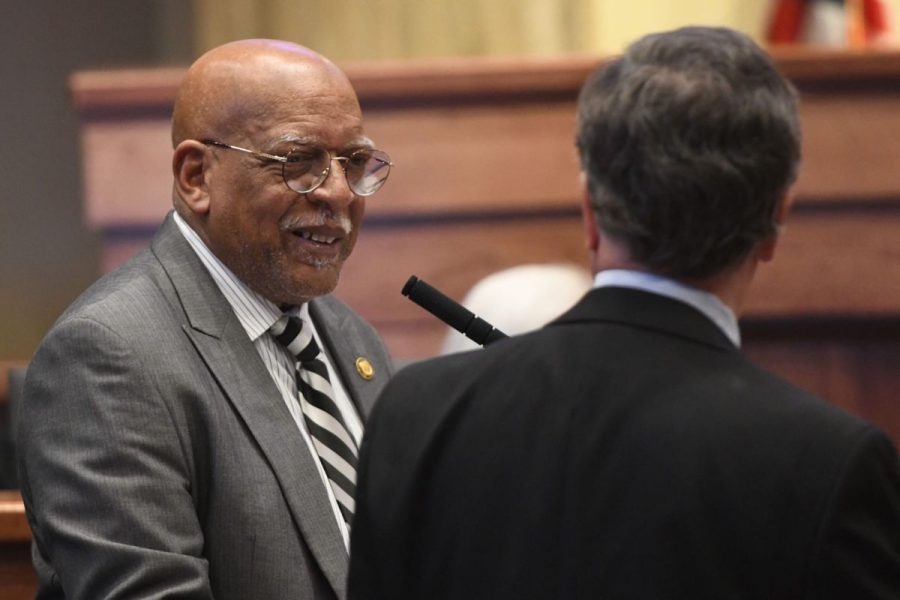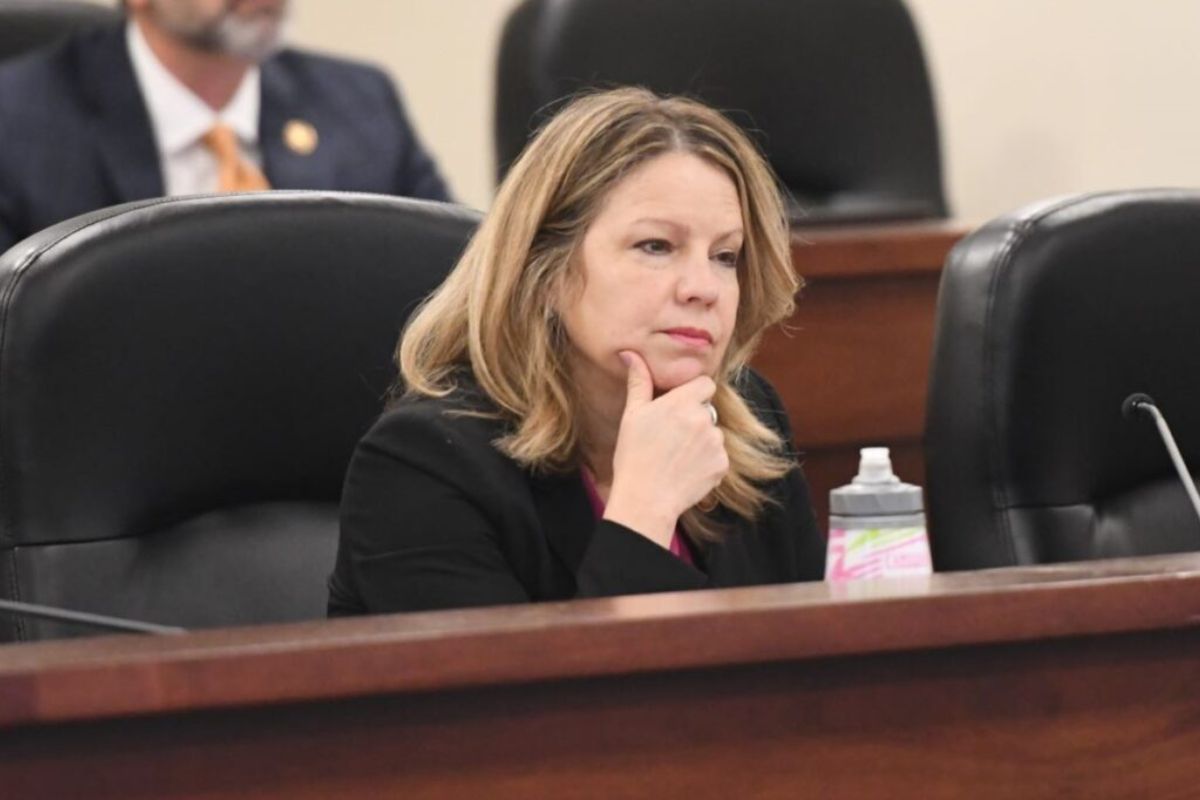House Committee Passes Bills: The recent decision by the House Committee to pass bills addressing the compensation of indigent defense attorneys has sparked interest and debate within legal circles. This move suggests a potential shift in how these crucial legal professionals are valued and supported in their vital role in the justice system.
The proposed pay hike could have far-reaching implications, not only for the attorneys themselves but also for the broader implications it might have on the quality of legal representation for marginalized individuals.
This development prompts a closer look at the intricacies of the legislation and the implications it could have on the legal landscape.
Alabama House Committee Advances Bills to Boost Compensation for Indigent Defense Attorneys
The Alabama House Committee has taken significant steps to address the compensation challenges faced by attorneys representing indigent clients by advancing bills aimed at boosting their pay.
The bills, HB 275 and SB 83, sponsored by Rep. Cynthia Almond and Sen. Rodger Smitherman, respectively, received approval from the committee through a voice vote.
Currently, the existing statute compensates lawyers at a rate of $70 per hour, a rate that has remained unchanged since 2011. This pay rate covers both legal services and overhead expenses incurred by attorneys providing representation to indigent clients.
Proposed Changes to Attorney Compensation Rates
In light of the proposed changes to attorney compensation rates, the legislation aims to address the disparities in pay faced by indigent defense attorneys based on the severity of the offenses they handle.
The hourly rates for indigent defense attorneys would undergo significant adjustments under the proposed legislation. Here are some key points to consider:
- Hourly rate for capital offenses or charges carrying a possible life sentence: $120 with no total fee limit.
- Compensation for Class A felonies (punishable by up to 99 years): $110 per hour, capped at $6,500.
- Hourly rate for Class B felonies (carrying up to 20 years’ imprisonment): $90, with a maximum fee of $6,000.
- Rates for Class C and D felonies, as well as juvenile cases: ranging from $70 to $80 per hour with varying caps.
These adjustments seek to align compensation more closely with the complexity and seriousness of the cases handled by indigent defense attorneys, ensuring fair remuneration for their services.

ALSO READ: Alabama’s 2nd District Race Runoffs Loom With National Impact
Additional Provisions in the Legislation
Introducing new provisions within the legislation, measures are being introduced to enhance the framework for securing legal representation for indigent clients, particularly in cases of greater severity. The bills propose the formation of a voluntary advisory board composed of local practicing attorneys in the circuit to address challenges in providing legal representation to indigent clients, especially in more severe cases. This board will work closely with the director of the Indigent Defense Review Panel, who will now have the authority to seek written recommendations from the board on various matters related to indigent defense.
Furthermore, the legislation mandates that attorneys representing indigent clients must comply with billing guidelines established by the Office of Indigent Services. These guidelines aim to promote transparency and accountability in the billing process, ensuring that the compensation for legal services provided to indigent clients is fair and just. By implementing these additional provisions, the legislation seeks to rectify longstanding issues in compensating indigent defense attorneys, improve the quality of legal representation, and address the difficulties in securing legal counsel for clients facing serious charges.
News in Brief
Alabama’s House Committee advances bills, HB 275 and SB 83, addressing compensation challenges for indigent defense attorneys. Currently paid $70 per hour since 2011, the proposed legislation aims to adjust rates based on the severity of offenses. Changes include $120 per hour for capital offenses, $110 for Class A felonies (capped at $6,500), and $90 for Class B felonies (capped at $6,000).
Hourly rates for Class C and D felonies, as well as juvenile cases, range from $70 to $80 with varying caps. The bills also introduce provisions for a voluntary advisory board to address representation challenges in more severe cases, enhancing transparency and accountability in billing processes.

